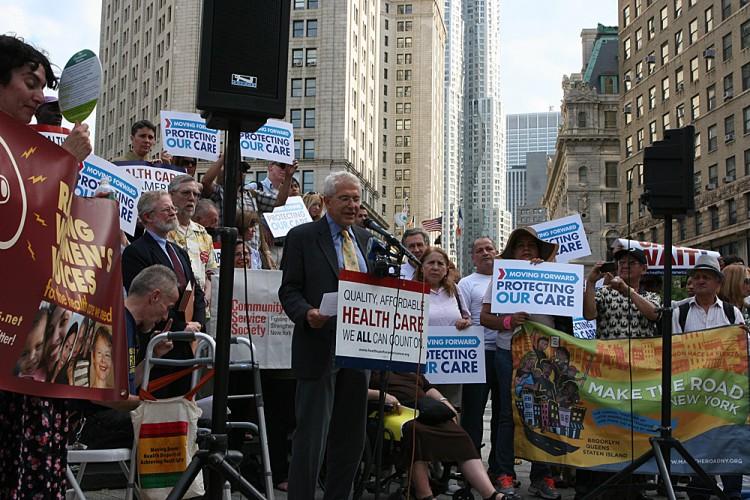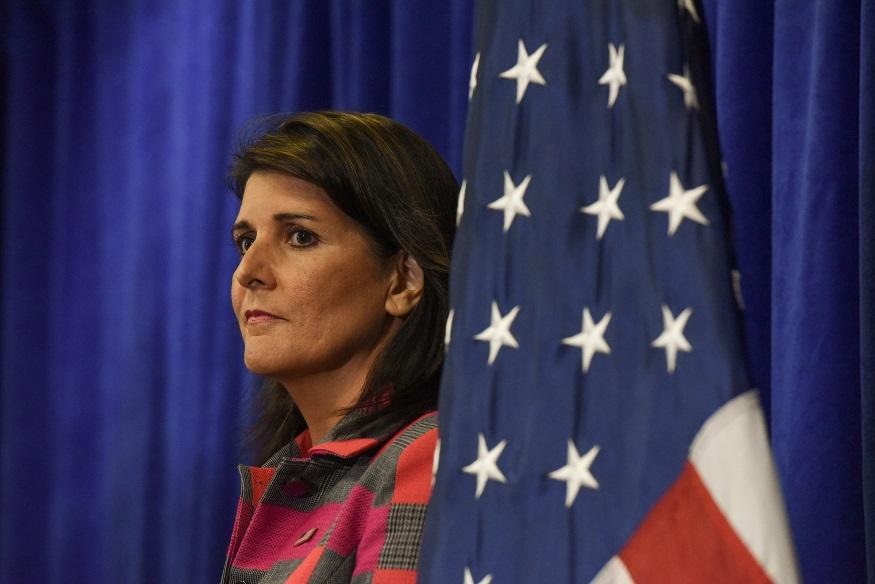NEW YORK—Much like the rest of the country, New Yorkers digested the United States Supreme Court ruling regarding the Affordable Care Act (ACA) Thursday morning, with many wondering how the complicated new system would affect the Empire State.
In a 5–4 decision, the Supreme Court upheld all provisions of the ACA including the mandate, which will federally require everyone to have health insurance. Those who do not comply with the mandate by 2014 will be subject to a tax that will increase. In 2014, uninsured individuals will have to pay $95, rising to $695 by 2016. Households will have to pay 1 percent of their income rising to 2.5 percent by 2016.
The ACA also requires insurance companies to cover pre-existing conditions and give no lifetime limit to coverage.
The Medicaid expansion provision was upheld, but the Supreme Court ruled that the federal government is not allowed to terminate the funds to a state if they do not expand.
New York already had some measures in place as a backup if the ACA did not go through, so there were no significant changes in New York.
How Health Care Ruling Affects New York
Much like the rest of the country, New Yorkers digested the United States Supreme Court ruling regarding the Affordable Care Act (ACA) Thursday morning, with many wondering how the complicated new system would affect the Empire State.

Mark Scherzer, legislative counsel for New Yorkers for Accessible Health Coverage, speaks at a rally at Foley Square applauding the Supreme Court ruling on the Affordable Care Act on Thursday in Manhattan. Amelia Pang/The Epoch Times

Kristen Meriwether
Journalist
|Updated:





